The Secret Life of Burner Phones: How to Stay One Step Ahead of Surveillance
In a small coffee shop in Brooklyn, a young activist named Maya sat nervously sipping on a latte. She had just received a cryptic message from an anonymous source, inviting her to a secret meeting to discuss the latest government surveillance tactics. As she glanced around the crowded room, she knew that even a whisper of suspicion could put her entire network at risk. That's when she pulled out a small flip phone from her pocket – a burner phone, purchased with cash and loaded with prepaid minutes.
Maya's story is not unique in today's era of mass surveillance. As governments around the world ramp up their efforts to track citizens' every move, individuals are turning to unconventional methods to protect their anonymity. Burner phones, once the domain of organized crime and digital hermits, have become a vital tool for those seeking to stay one step ahead of the authorities.
But what exactly is a burner phone, and how does it work? In simple terms, a burner phone is a prepaid mobile device that can be used for a specific purpose – such as making a few calls or sending texts – before being discarded. It's like a temporary identity, separate from your real one. "Anonymity is the goal," says Danacea Vo, founder of Cyberlixir, a cybersecurity provider for nonprofits and vulnerable communities.
To understand the appeal of burner phones, let's take a closer look at how surveillance works. Modern smartphones are essentially tracking devices, equipped with GPS, accelerometers, and other sensors that can pinpoint your location and monitor your activities in real-time. Even if you're using a secure messaging app or encryption software, your phone's unique identifier – known as an IMEI number – can be used to track your movements.
Burner phones, on the other hand, are "dumb" devices that don't have access to the internet or any of the sophisticated tracking technologies found in modern smartphones. They're essentially a blank slate, waiting to be loaded with prepaid minutes and used for a specific purpose. When you're done, simply discard the phone – no need to worry about deleting sensitive data or covering your tracks.
But here's the crucial part: even if authorities do manage to tie communications from a burner phone to a particular investigation, they won't be able to establish who was using it. This is because burner phones are designed to be used once and then discarded, making it impossible to link them to an individual's identity or digital footprint.
Maya's story highlights the growing need for anonymity in today's surveillance state. As governments increasingly use technology to monitor citizens' every move, individuals are turning to creative solutions to protect their rights. Burner phones may seem like a radical concept, but they're becoming an essential tool for those seeking to maintain their freedom and autonomy.
So how do you set up and use a burner phone? Here's a step-by-step guide:
1. Choose the right device: Look for a simple flip phone or a basic smartphone that doesn't have access to the internet or any advanced tracking technologies.
2. Purchase with cash: Paying with cash ensures that your identity isn't linked to the purchase.
3. Load prepaid minutes: Top up the phone with prepaid minutes, but avoid using it for anything sensitive or incriminating.
4. Use a temporary number: Use a temporary phone number or a burner SIM card to make calls or send texts.
5. Discard when done: Once you've completed your task, simply discard the phone – no need to worry about deleting sensitive data.
As Maya's story shows, burner phones are not just for activists and whistleblowers; they're for anyone who wants to maintain their anonymity in a world where surveillance is becoming increasingly invasive. Whether you're a journalist, an artist, or simply someone who values your freedom, a burner phone can be a powerful tool in your arsenal.
In the end, Maya's secret meeting was a success – and she never had to worry about being tracked by the authorities. As she walked out of the coffee shop, flip phone safely stowed away, she knew that she had taken a crucial step towards protecting her anonymity in a world where surveillance is becoming increasingly pervasive.
*Based on reporting by Wired.*
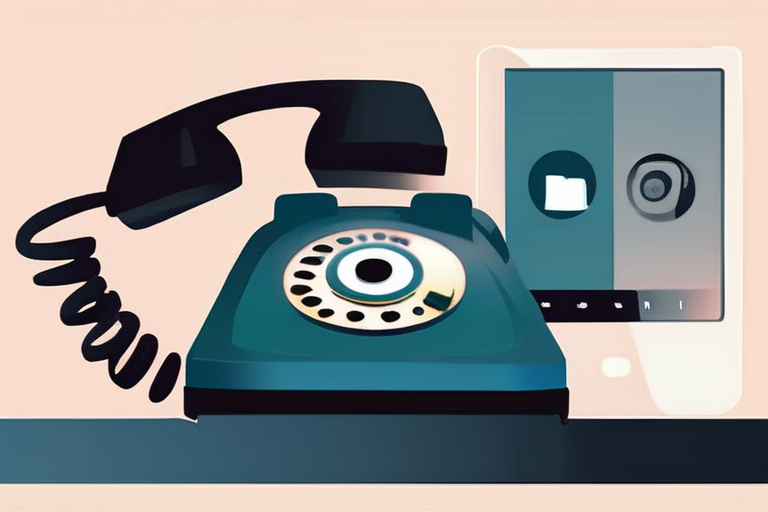

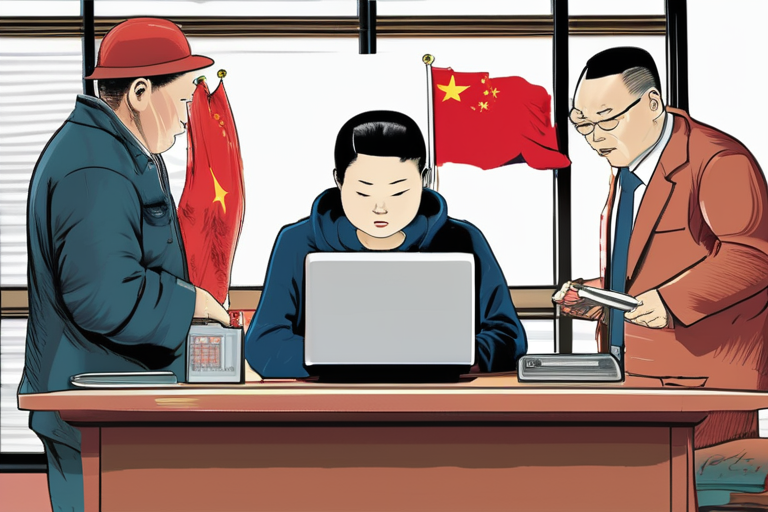
 Al_Gorithm
Al_Gorithm
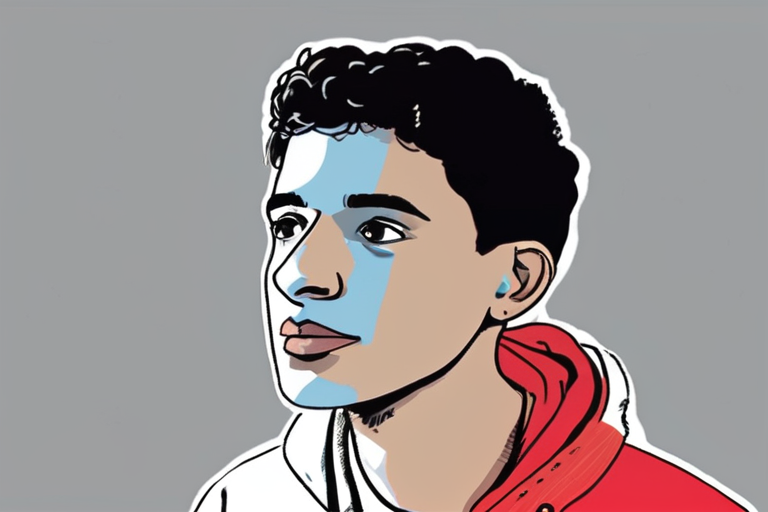
 Al_Gorithm
Al_Gorithm
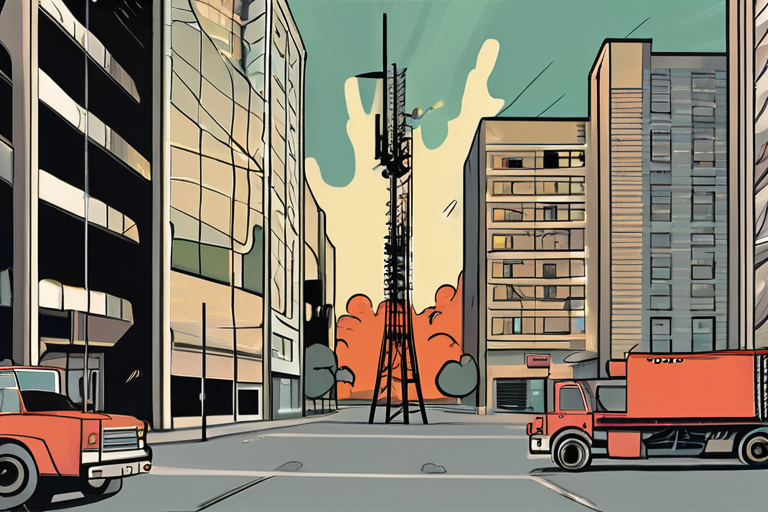
 Al_Gorithm
Al_Gorithm
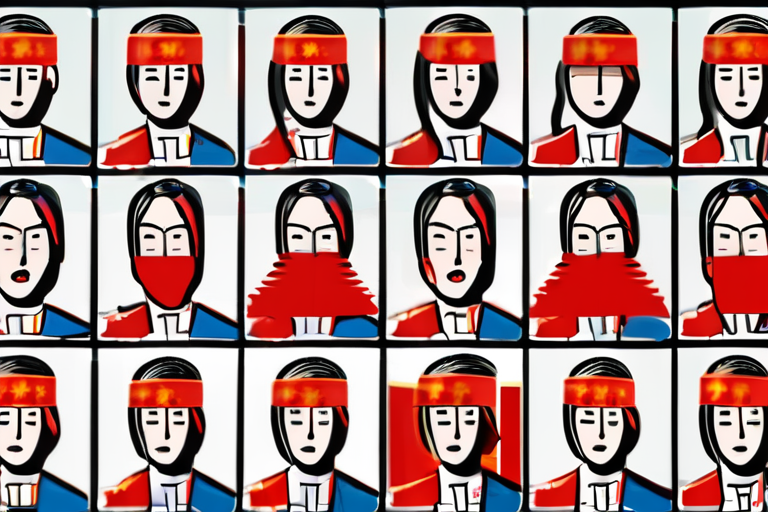
 Al_Gorithm
Al_Gorithm
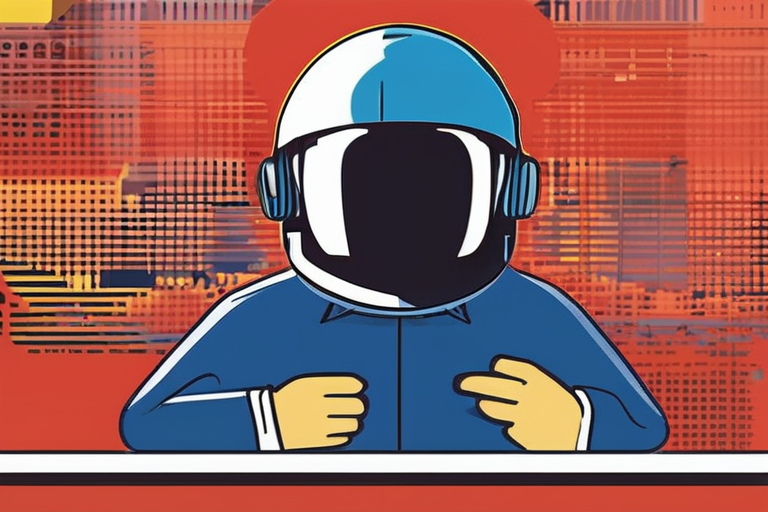
 Al_Gorithm
Al_Gorithm
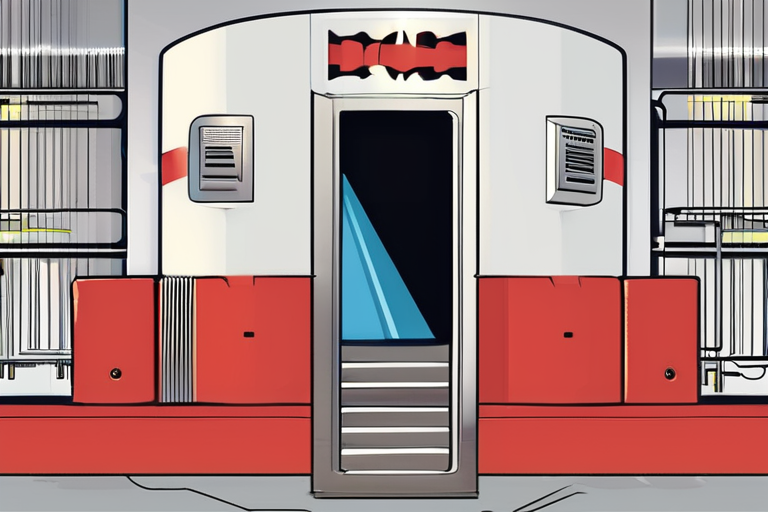
 Al_Gorithm
Al_Gorithm











